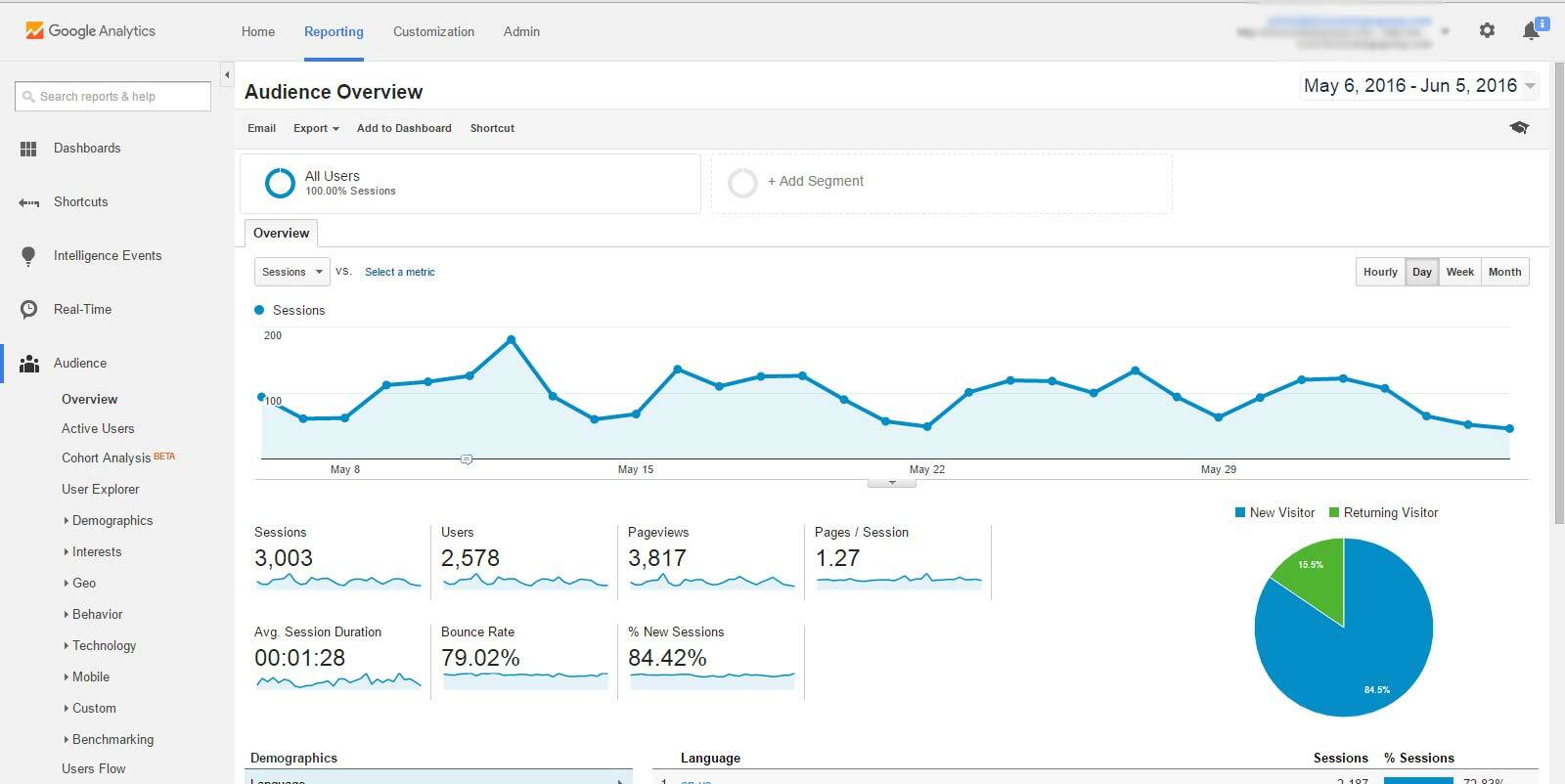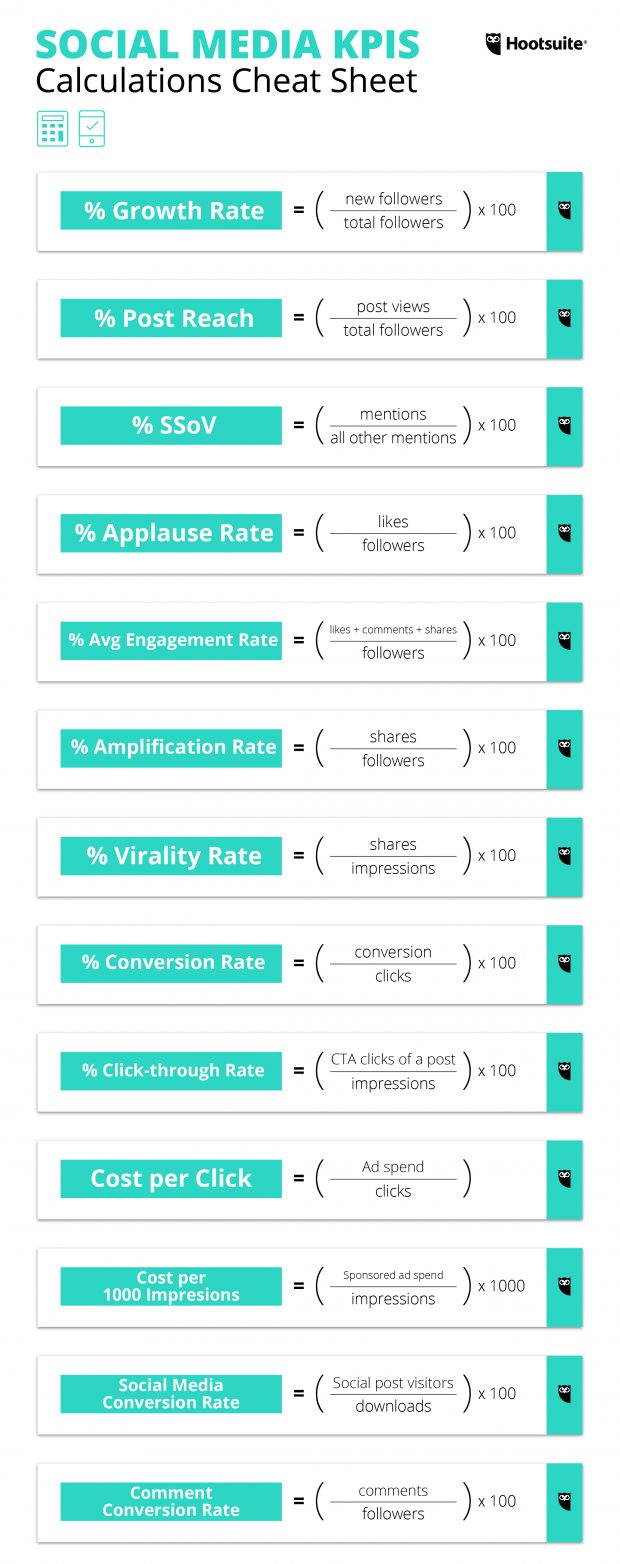Now more and more businesses understand what an important role in the promotion of their services is played not by Internet marketing in general, but by promotion in social networks. Influencers, or as they are also called "opinion leaders", came to the rescue here.
But let's take a step back to understand the general mechanics of promotion on the Internet.
So, let's call search systems Google, Yandex, Pinterest, Behance, etc., social networks Facebook, Instagram, Twitter, Snapchat in one word - "Search system". Now let's generalize these concepts solely for ease of understanding. After all, we would like users there to find information about our company and interact with our company's account(s).
Although we wrote about search services and social networks, the principles of work also apply to information channels (for example, Telegram).
/// In each specific case, depending on the business, country, services, or goods, the list of social networks or search services may change, but the ones described below work regardless of geographical features, as they are the basis of the services.
What is the primary task of the search network?
The answer is simple - to be interesting for user. This is one single explanation: search networks are interested in users quickly finding what they are looking for: a store, a service, information, a product. And social networks are interested in users quickly receiving content from the accounts tey are interested in. Because, as a result, they become a loyal users of this system.
Why should search networks increase the number of regular and loyal users?
In order to make a profit from those who pay for advertising. What is the product in this case? Your attention and the attention of loyal and regular users like you There is a battle for traffic between search networks. And this is how they work to win these battles.
How does a search engine understand what content is interesting and what is not?
Relevance is a content characteristic that shows how much this content (text, video, image, service, or product) is potentially interesting to the user. If some content is more relevant, the system will offer it first. If you are looking for hotels in Kyiv, the search network will first offer you hotel search sites that it thinks are more relevant, that is, places where you are most likely to find this hotel. If you are subscribed to an account on a social network, then first of all the social network will show you news from those accounts that are most likely to be of interest to you. And then everything else.
Special algorithms (bots) work on this. In the case of the search engine, they analyze all requests, who searched for hotels in Kyiv and store information about the sites where the user booked a hotel, where he spent a long time reading information, etc. For a certain period of time - a day, a month, a year - the search network collects incredibly large arrays of data and analyzes them. And the next time, it will issue a list of sites for booking to the next user in a hierarchical sequence.
In the case of social networks, the story is similar: you will receive the content that the social network thinks is more relevant for you today, based on the statistics collected over a long period of time from other users.
You must have noticed that sometimes the page has many followers but few reactions (likes, comments, etc.). For the social network, this is a signal that the page offers low-quality content that is not interesting to the majority of users. And, as a result, he concludes that, despite having tens of thousands of subscribers, this page should be shown less.
Another situation is when you are subscribed to some group or page, but you often ignore content from it; the system eventually understands that this group is "not interesting" for you, and therefore, over time, it will begin to show less content from this page.
You must have noticed that sometimes the page has many followers but few reactions (likes, comments, etc.). For the social network, this is a signal that the page offers low-quality content that is not interesting to the majority of users. And, as a result, he concludes that, despite having tens of thousands of subscribers, this page should be shown less.
Another situation is when you are subscribed to some group or page, but you often ignore content from it; the system eventually understands that this group is "not interesting" for you, and therefore, over time, it will begin to show less content from this page.
What is a measure of interest?
In the case of a person, everything is simple, but how should a robot (bot, algorithm) understand that the content is interesting? For this, he uses so-called metrics - tools for measuring interest. The system is not endowed with romanticism and sentiments in relation to the content. Nothing personal. It simply dryly calculates some indicators for itself:
1. How much time you spent on the site.
2. Did you scroll the site and go to pages inside the site.
3. Does another site links to this site?
4. Have you clicked on the buttons "Buy" and "Order Feedback"?
5. Have you filled out any forms?
6. Have you returned to this site during the day, week, or month?
Etc.
In the case of social networks:
1. Have you written a comment?
2. Did you like the post?
3. Have you signed up for an account?
4. Did you repost it.
Etc.
Without going into the details of the calculations, we understand that the tools used are powerful and are those that can be easily measured: quantities, seconds, etc. All information is transmitted to the system by the browser you use, and in the case of social networks, also by the application (which is why any social network will strongly recommend that you access it through its application).
In this way, incredible data arrays are processed in a certain period of time. And the next time you open a social or search network, you see the result.
And here I have two news:
1. It is not possible to cheat the system. These algorithms are being worked on and are constantly being updated. Moreover, exploiting some technical weaknesses (as was once done with 'black' SEO) may later lead to a ban or downgrade of the site.
2. You can saddle the system. And it is very easy to do: publish interesting content and do not resort to black-and-white methods of promotion like winding up followers, etc. And it will always be relevant because it follows the same direction as the main goal of the search network: to be interesting and useful.
Below are some metrics that can be used to calculate efficiency. And at the end of the article, you will also find links to useful sites that will allow you to analyze the accounts of other users and competitors.


What is the role of Internet advertising agencies?
In my opinion, the role of agencies is similar to that of a therapist, trainer, or instructor in a gym. In order to systematize, guide your efforts to promote your account or site in the search network.
What is the role of paid advertising?
to find out about your good or bad services sooner. Yes, yes, I am somewhat humorous, but I wrote what I wanted to write. Advertising—whether it's an influencer ad or CPC—leads to more exposure to the community with information about you. And your task is to ensure that this "packaging" (goods, offer) is interesting for the majority and corresponds to the characteristics stated in the advertisement.
What is the role of a project manager?
- Assign roles within your team and promotion partners.
- Set technical tasks and periodically check the effectiveness of partners and team members using available metrics and tools.
- Allocate budgets and efforts for advertising, market research and research.
- Analyze the effectiveness of promotion campaigns over time, form corrections and monitor the cycle of the process.
- Operational management in the transformation of the first client into a permanent one.
These resources will help analyze competitors, their accounts, pages and develop effective strategies for product promotion:
https://bazilik.media/cheklist-iak-obraty-telehram-kanal-dlia-reklamy/ - about Telegram channels
https://influencermarketinghub .com/fake-follower-checker/ - analyze an Instagram influencer
https://www.gimmesomeoven.com/how-to-use-google-keyword-planner/ - study the number of queries on a specific topic

